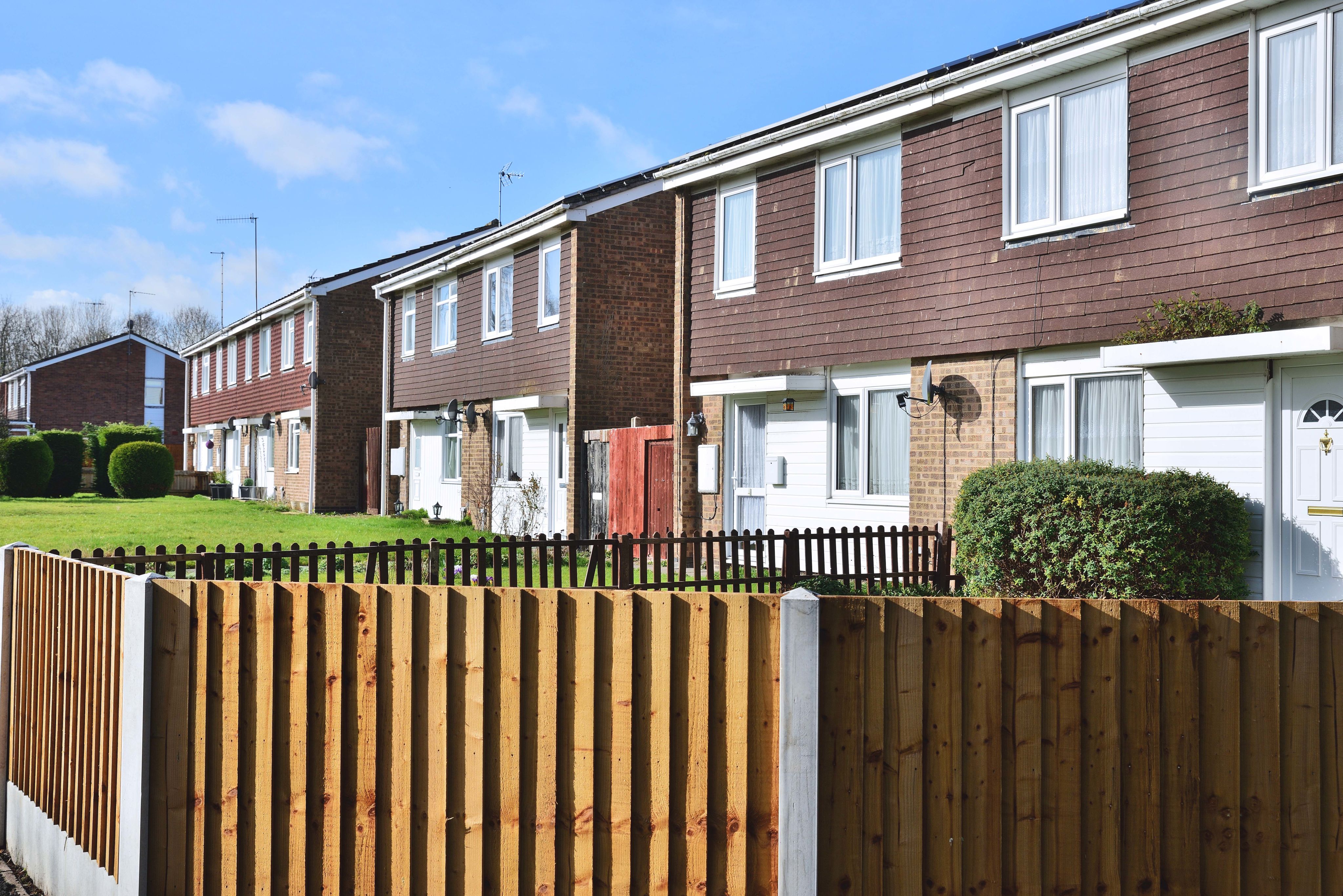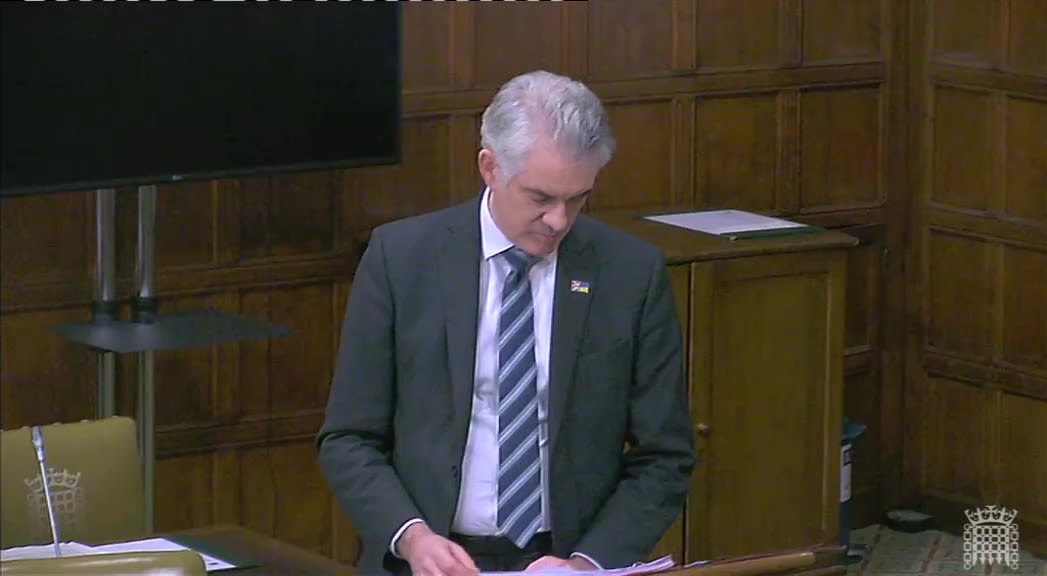Adequacy of service accommodation
Sharing your experiences for a Parliamentary debate
Tuesday 19 December 2023

On Tuesday 19 December, Alistair Strathern MP led a Westminster Hall debate on the adequacy of service accommodation.
During the debate, he thanked everyone who shared their experiences with him:
"I am incredibly grateful to the many people in the services and their family members who have taken the time over the past few weeks and months to speak to me about forces accommodation, and to those who have taken the time to fill out the questionnaire prepared by the House before this debate."
He then spoke about many of the issues raised by those who responded to the questionnaire, and quoted some of their stories directly:
This page features:
- Information about the Government's response
- Links to read or watch the debate
- Relevant resources and support pages
- A Westminster Hall debate explainer.
The Government's response

The Minister for Defence Procurement, James Cartlidge MP, responded to the debate on behalf of the Government. He addressed the Government’s current policy agenda and future ambitions related to the debate topic.
Watch or read his full speech for details where he covers a range of topics including:
- A Defence minimum standard that has been established, which all single living accommodation (SLA) is expected to meet, with funding in place to meet the standard. This will include delivering approximately 40,000 new or refurbished bed spaces
- An investment of £400 million to improve the quality of service family accommodation over the next two years
- A winter mitigation plan to help families through the colder months. This includes boiler and heating upgrades for around 1,500 properties and funding damp and mould mitigation packages for some families.

Resources and support links

House of Commons Library
Relevant research:
- Adequacy of service accommodation (December 2023)
- Support for UK Veterans (November 2023)
- Armed forces family housing: Maintenance issues (February 2023)
Relevant committee inquiries
Defence Committee: Service Accommodation (July 2023)
The Committee will consider:
- the current issues with service accommodation
- the Ministry of Defence's plans to improve services and modernise and invest in single living and service families' accommodation
- what should be included in the Future Accommodation offer.
The committee wants to hear your views, and welcomes submissions from anyone with answers to the questions in the call for evidence. You can submit evidence until Friday 5 January 2024.
Support links:
- Ministry of Defence: Support services for military and defence personnel and their families
- Citizens Advice: Armed forces and veterans
- Samaritans.
What are Westminster Hall debates?
Westminster Hall debates enable backbench MPs from any party to raise an issue, and receive a response from the government.
They do not involve a vote on a particular action or decision.
Instead, the aim is to:
- raise awareness of an issue, often as part of a wider campaign
- seek to influence government policy
- put the views of backbench MPs, opposition parties, and the government on record.
The setting
Westminster Hall debates happen in the Grand Committee Room — the second chamber of the House of Commons.
Here, MPs sit in a horseshoe shape. This can help to encourage a constructive atmosphere.
Chairing the debate
Westminster Hall debates are chaired by an MP. The role of the Chair is to:
- ensure debates keep to the time allocated
- call on MPs to speak
- make sure MPs follow the rules of debate.
To mark the start of the debate the Chair says:
"Order, order"
Opening the debate
The MP leading the debate makes the first speech.
They will generally:
- outline their views on the issue
- present examples
- in some cases, call on the government to take action.
Backbench speeches
After the opening speech, other backbench MPs take turns to speak in the debate.
The main opposition parties
For longer debates, the main opposition parties then have a chance to respond.
An MP from the third largest party generally goes first, and is followed by an MP from the official Opposition.
They outline their party’s position on the issue.
The government's response
The Chair then calls the Minister to respond to the debate on behalf of the government.
The Minister will generally:
- respond to concerns raised by MPs
- explain the government's position and policies
- share relevant plans or ambitions for the future.
Closing the debate
If there is enough time, the MP who opened the debate can make final comments.
The debate is then concluded.
Engaging with debates
There are a number of ways you can engage with Westminster Hall debates:
- You can contact your MP and ask them to attend a debate. Or you can ask them to lead their own debate on an issue you feel is important.
- For some debates, you may be asked to share your insights and experiences. This can help inform the MPs taking part in the debate. See the Chamber Engagement website for details.
- You can watch debates online or attend in person. Find out what's on by looking at the Parliamentary calendar.
Lisa, Ian and Charlotte helped inform previous debates on topics like the menopause and pensions advice:
For more on Westminster Hall debates, see How Parliament Works.

Credit for photo of Grand Committee Room; House of Commons Library : UK Parliament / Jessica Taylor
